Skroutz Buyers Protection
Ο άνθρωπος των αριθμών, Fibonacci and the revolution in arithmeticCode: 15320506
- Author: Keith Devlin
- Publisher: Panepistimiakes Ekdoseis Kritis
- Μορφή: Soft Cover
- Έτος έκδοσης: 2018
- Αριθμός σελίδων: 234
- Κωδικός ISBN-13: 9789605245214
- Διαστάσεις: 21×14
Keith Devlin

Scientific Books
Τα μαθηματικά της τηλεοπτικής σειράς NUMB3RS, Police stories and aris8ms
Ad from HartoramaAdded
Similar products
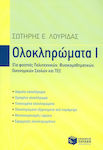
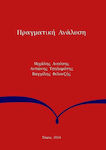

Scientific Books
Η μεγάλη περιπέτεια των μαθηματικών, From prehistory to our days
Ad from MykyklosAdded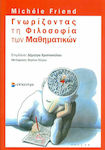
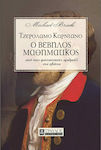
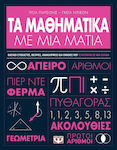
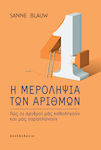
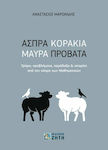
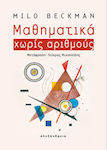
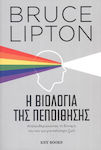

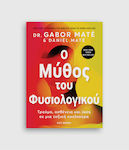
Scientific Books
Ο Μύθος Του Φυσιολογικού, Trauma, disease and healing in a toxic culture
Ad from SilverProductsAdded
All shops
Prices are calculated for:Luxembourg, Other Payment Options
- 9,52 €
- 9,80 €
- 10,50 €
- 9,80 €
- 10,50 €
- 14,00 €
- 11,90 €
- 11,76 €
- 12,60 €
- 10,00 €
- 12,60 €
- 11,20 €
- 12,46 €
- 14,00 €
- 9,80 €
- 17,25 €
- 11,90 €
- 10,89 €
- 13,30 €
- 14,00 €
- 11,60 €
Description
Let's imagine a day in a world without numbers at all. Or, at least, the beginning of a common day: we wouldn't have clocks, alarms, radios, and televisions, nor scores in football matches, weather forecasts, wallets, or bank accounts. What would we do, after all, in our precarious hut? Because, of course, without basic numerical calculations, we wouldn't have modern houses... But how did we familiarize ourselves with these abstract inventions of our ancestors in order to develop such dependence on them?
In 1202, the 32-year-old Leonardo from Pisa, known as Fibonacci, completed the "Liber abbaci," one of the most important books of all time, which introduced Indian-Arabic numerals and the Indian-Arabic numeral system to Europe. The "book of calculations" contributed significantly to the explosive development of commerce, science, and technology in the following centuries. Leonardo, one of the greatest mathematicians of the Middle Ages, stands alongside Copernicus, Kepler, and his compatriot Galileo. However, he was later forgotten and remains an enigma to this day.
Keith Devlin, an award-winning popularizer of mathematics, creates an artistic mosaic of Leonardo, his era, and the intellectual climate in which he lived. And still, he tells us why the algorithm is called an algorithm and the digit is called a digit, reminding us of the problems with birds and rabbits, rhetorical algebra, and - most importantly! - entertaining mathematics.
Specifications
- Genre
- Mathematics
- Language
- Greek
- Subtitle
- Fibonacci and the revolution in arithmetic
- Format
- Soft Cover
- Number of Pages
- 234
- Publication Date
- 2018
- Dimensions
- 21x14 cm
Important information
Specifications are collected from official manufacturer websites. Please verify the specifications before proceeding with your final purchase. If you notice any problem you can report it here.









































